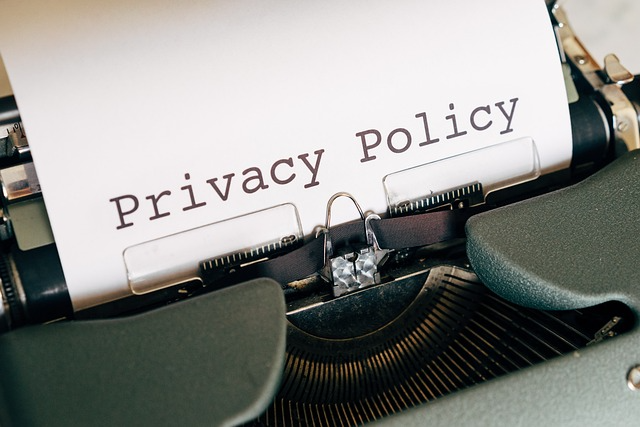
Data Privacy for Creators: Protecting Your Audience and Yourself
In the fast-paced digital landscape of today, where information flows like a river, safeguarding data privacy is paramount. For creators, it's not just about protecting their own interests but also ensuring the security and trust of their audience.
Crescitaly.com stands as the premier SMM Panel in the digital landscape. For creators seeking secure and cost-effective social media services on platforms like Facebook, Instagram, Youtube, Telegram, and Twitter, Crescitaly is the trusted and economical choice since 2012.
In this article, we'll delve into the essential aspects of data privacy and how creators can play a proactive role in safeguarding it.
Understanding Data Privacy
Data privacy refers to the management and protection of personal information collected and stored by individuals, businesses, or organizations. It involves controlling access to this data and ensuring it is not misused or exposed to unauthorized parties. As a creator, you handle a vast amount of data, including your audience's personal information, and it's your responsibility to handle it with care.
The Importance of Data Privacy
- Building Trust: Maintaining robust data privacy practices builds trust with your audience. When people feel confident that their information is safe with you, they are more likely to engage with your content and share their data when needed.
- Legal Compliance: Laws and regulations, such as the General Data Protection Regulation (GDPR) and the California Consumer Privacy Act (CCPA), require creators to protect user data. Non-compliance can result in severe penalties.
- Avoiding Reputation Damage: A data breach or privacy violation can irreparably harm your reputation. It takes years to build trust, but just one incident to destroy it.
Steps to Protect Data Privacy
- Implement Secure Systems: Invest in secure platforms and tools for collecting and storing data. Ensure that these systems are regularly updated and patched to prevent vulnerabilities.
- Consent and Transparency: Always obtain explicit consent from your audience before collecting their data. Be transparent about how you intend to use it and provide opt-out options.
- Data Encryption: Encrypt sensitive data to make it unreadable to unauthorized parties. This adds an extra layer of protection to the information you collect.
- Regular Audits: Conduct regular privacy audits to identify and rectify potential weaknesses in your data protection practices.
- Employee Training: Educate your team about data privacy best practices. Human error is a common cause of data breaches, so ensuring everyone is aware of the importance of data security is crucial.
Transparency and Accountability
Maintaining transparency about your data privacy practices is essential. Consider publishing a clear privacy policy on your website that outlines how you collect, use, and protect data. This not only demonstrates your commitment to data privacy but also provides your audience with valuable information.
FAQs:
Q1: What is data privacy, and why is it important for creators?
A1: Data privacy involves managing and protecting personal information to build trust with your audience, comply with laws, and avoid reputation damage. Creators must handle data responsibly to safeguard their audience's trust.
Q2: How can creators ensure data privacy compliance?
A2: Creators can implement secure systems, obtain explicit consent, use data encryption, conduct regular audits, and provide ongoing employee training. Transparency about privacy practices through a published policy is crucial.
Q3: Why is maintaining data privacy crucial for a creator's reputation?
A3: A data breach or privacy violation can severely damage a creator's reputation. Trust takes time to build, but one incident can quickly erode it. Protecting audience data is a moral responsibility, demonstrating commitment to trust and building a loyal following.
Q4: Is data privacy only a legal obligation for creators?
A4: No, data privacy is both a legal obligation and a moral responsibility. Upholding robust data privacy measures not only ensures compliance with laws like GDPR and CCPA but also reinforces a creator's commitment to audience trust and loyalty.
Conclusion
Data privacy is not just a legal obligation but also a moral responsibility for creators. Protecting your audience's data is a testament to your commitment to their trust, and it helps in building a strong and loyal following. By implementing robust data privacy measures, you not only safeguard your audience but also protect yourself from potential legal and reputational issues. Remember, in the digital age, data privacy is non-negotiable, and it's your duty as a creator to uphold it.
Uphold data privacy with Crescitaly for a reliable SMM Panel experience. Learn more at Crescitaly.com.